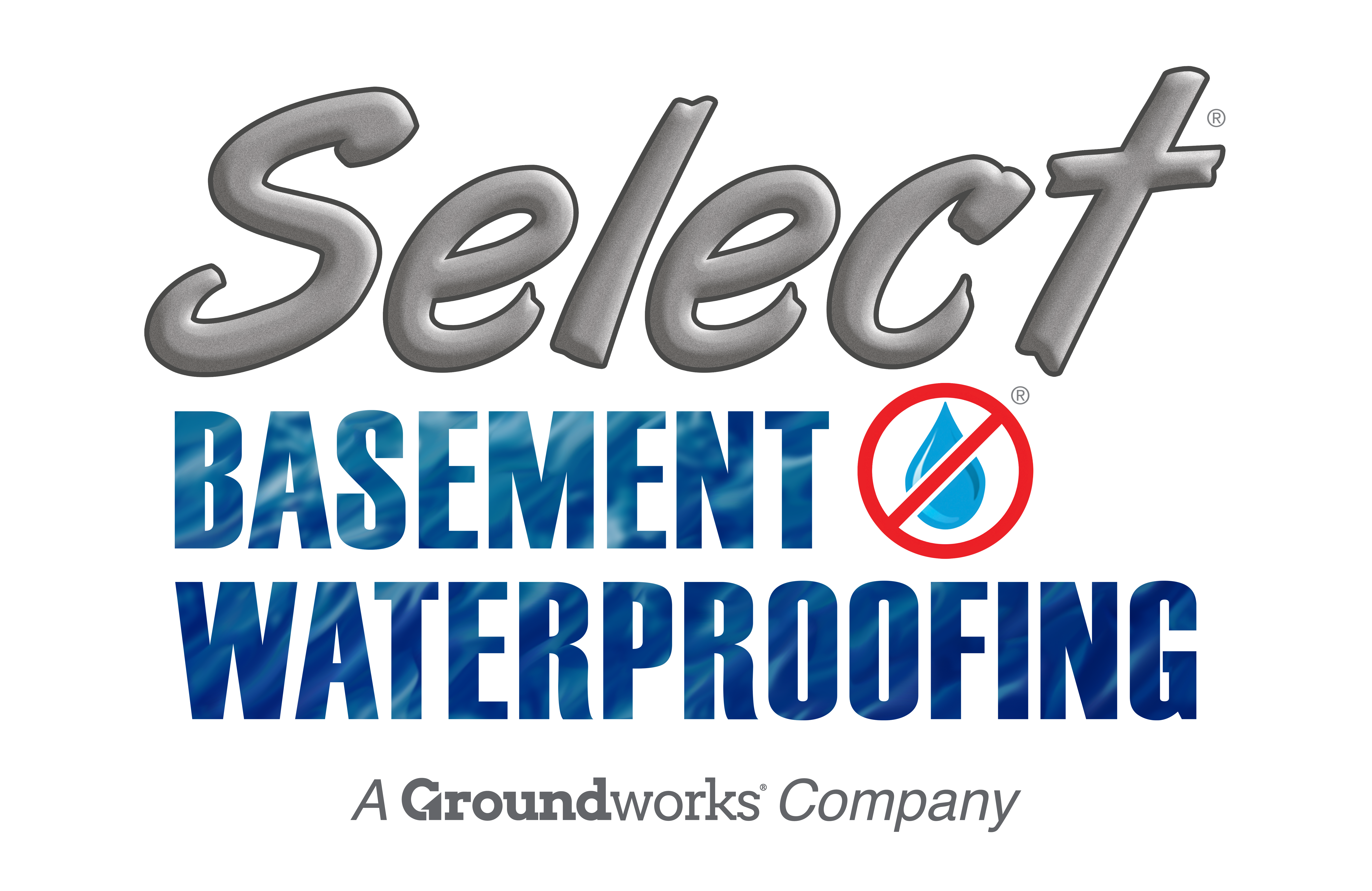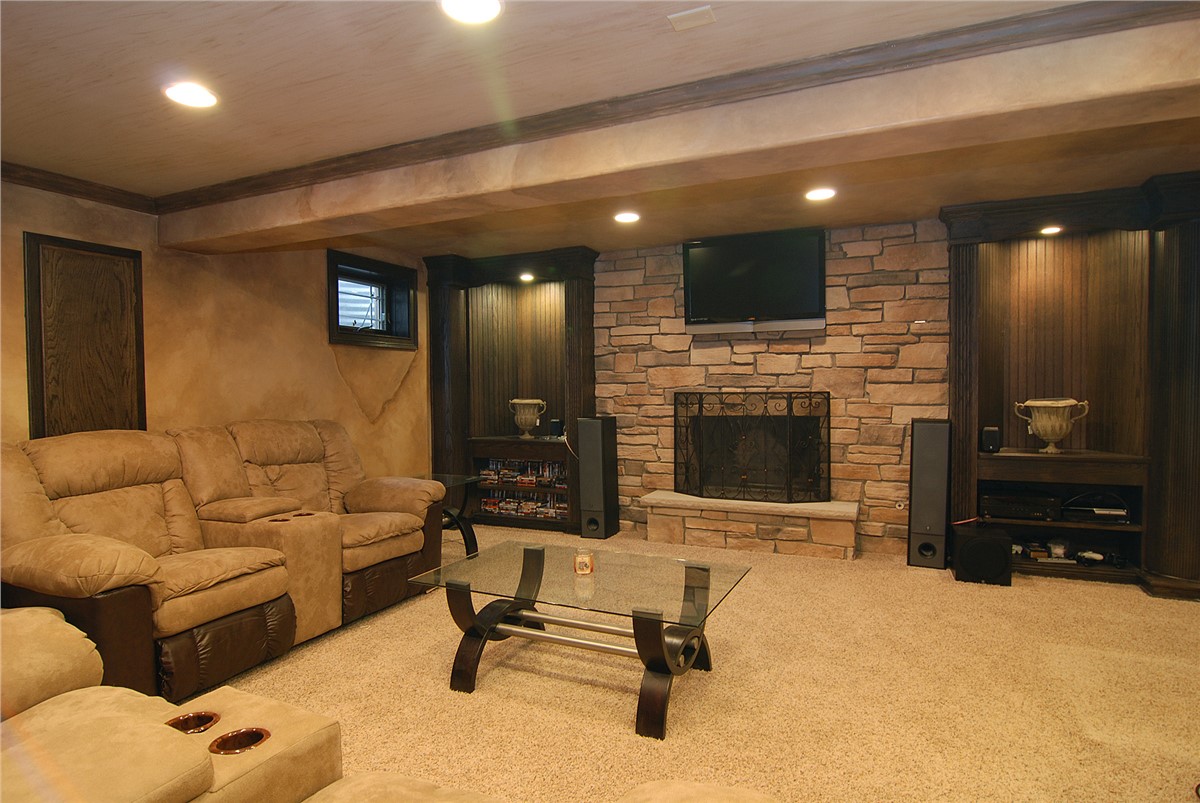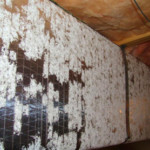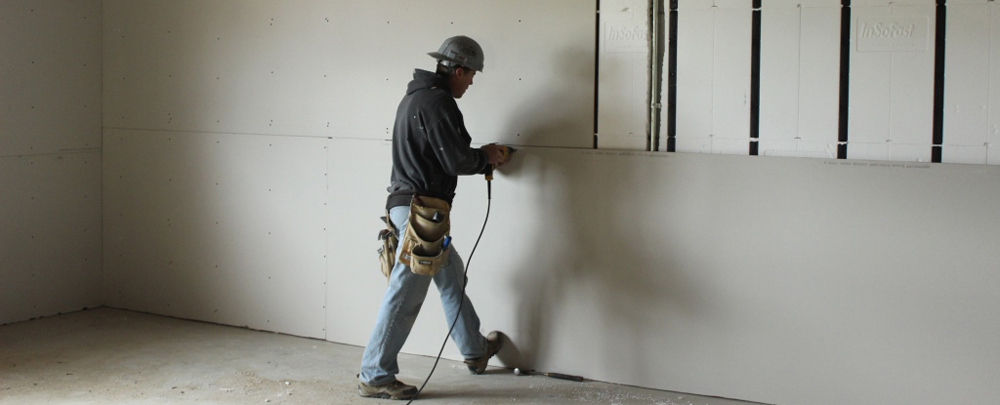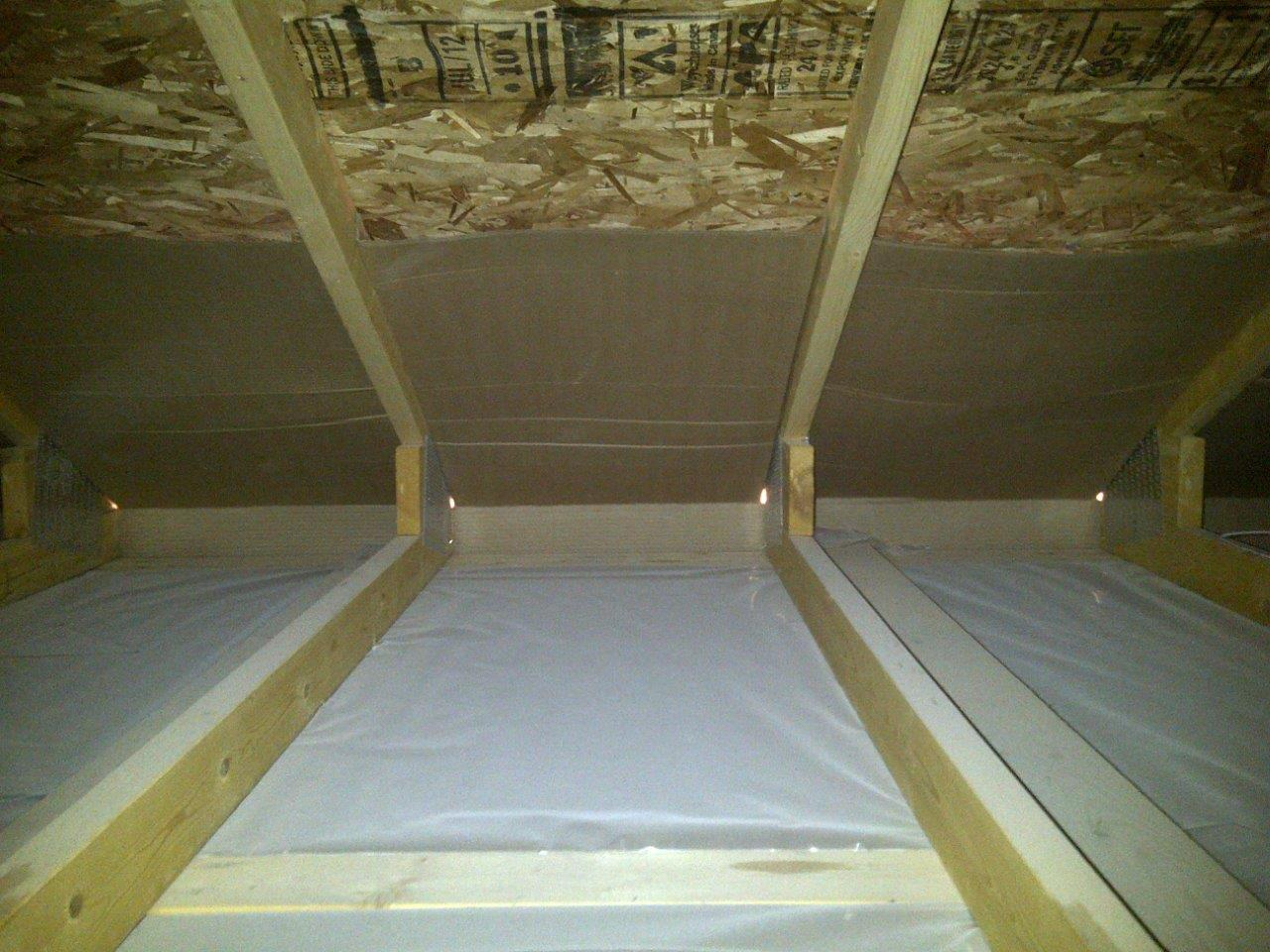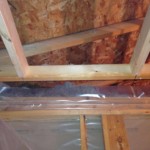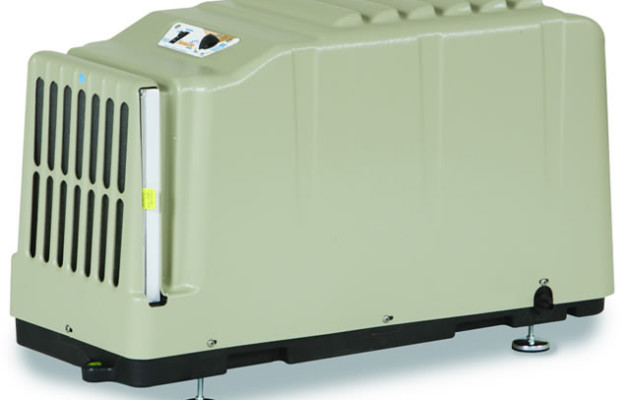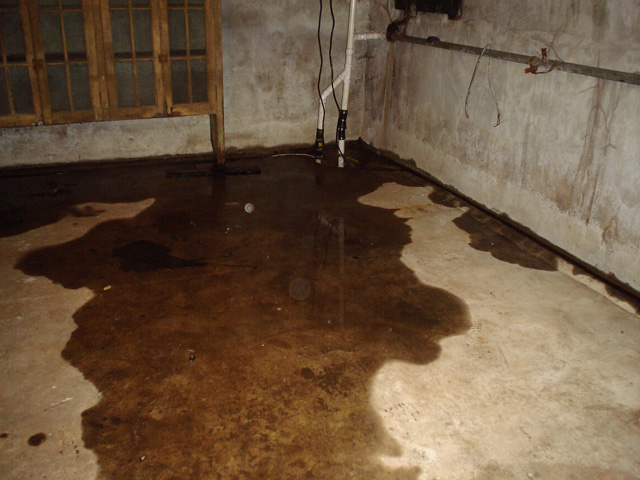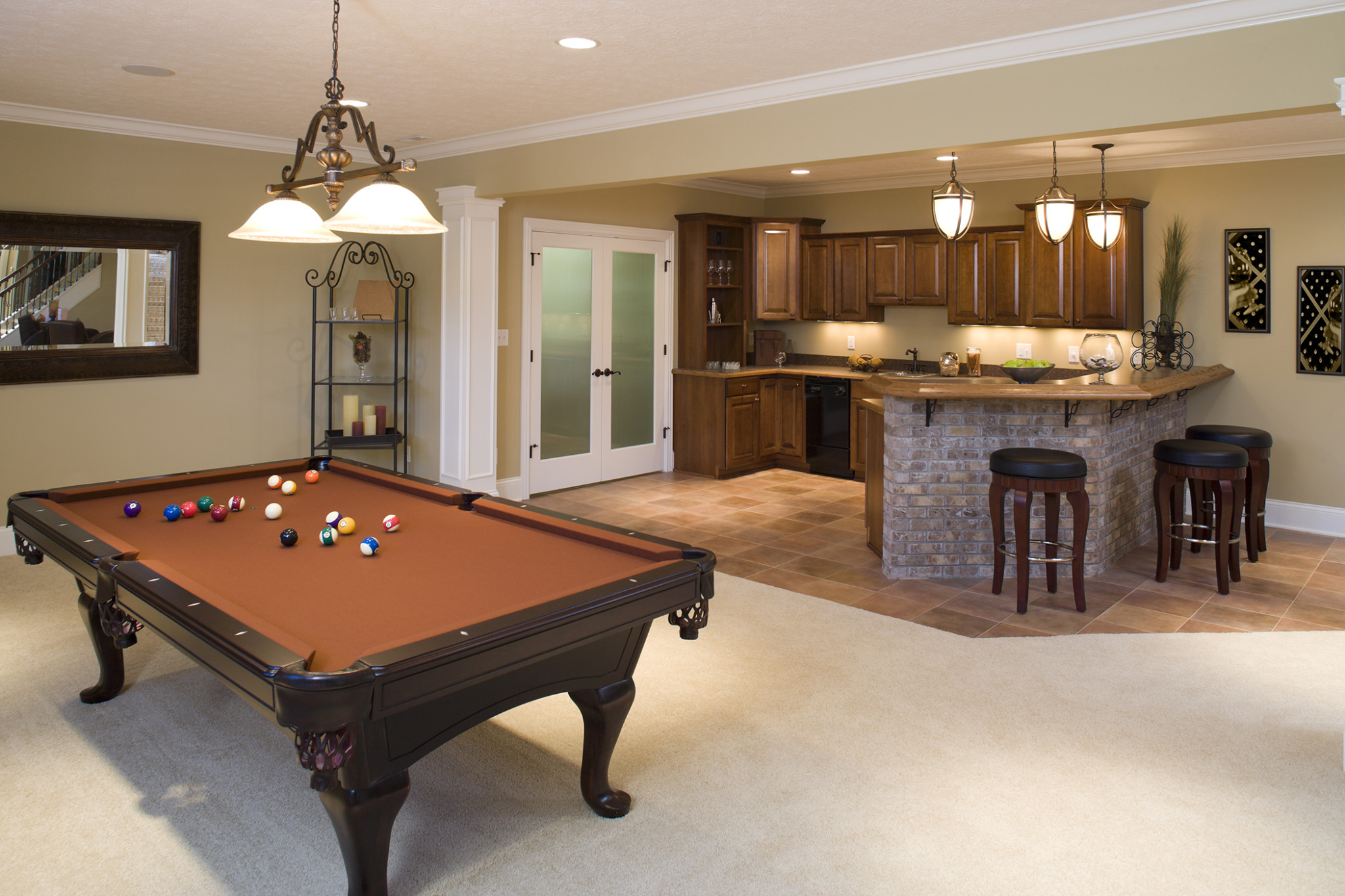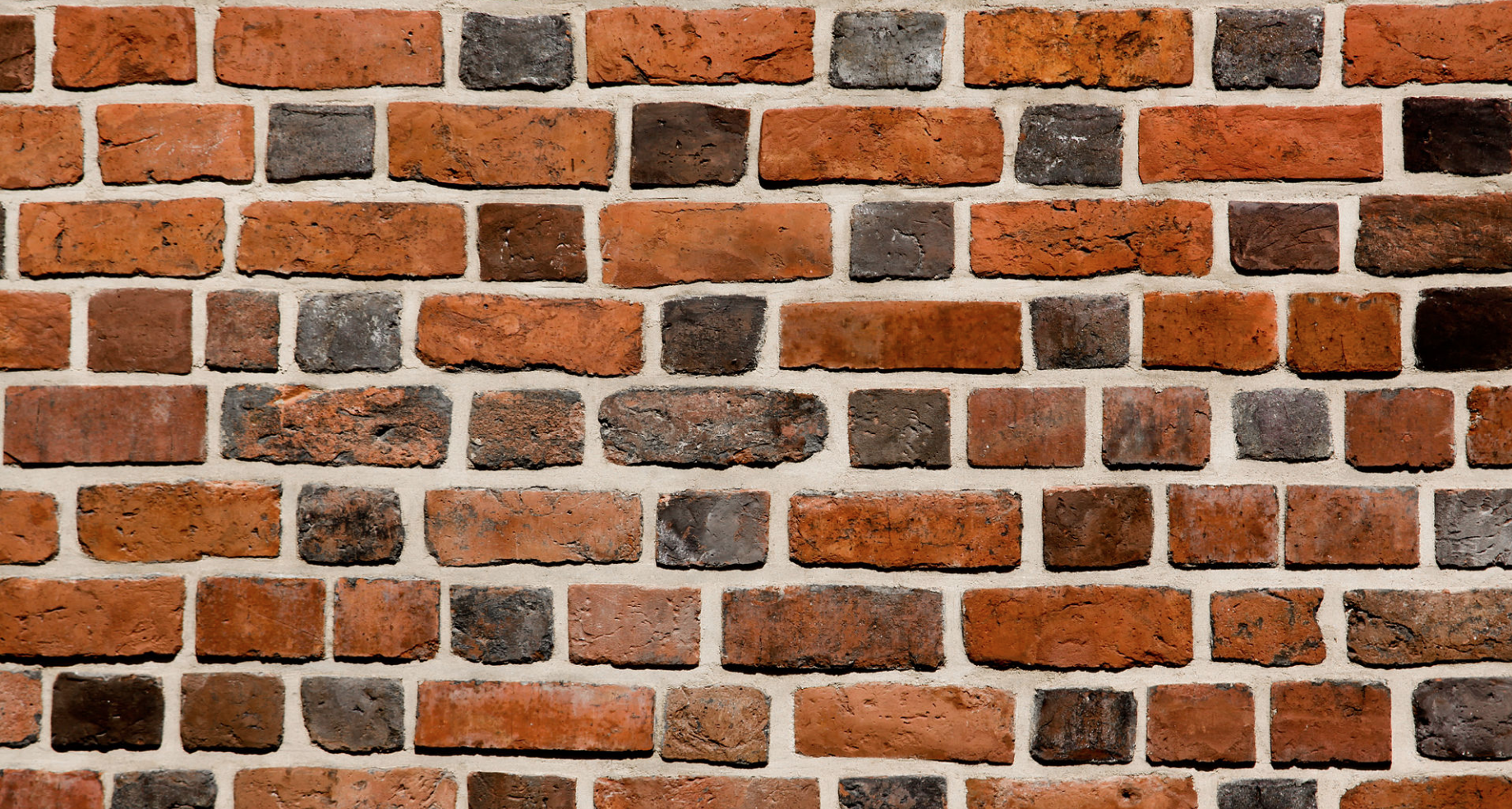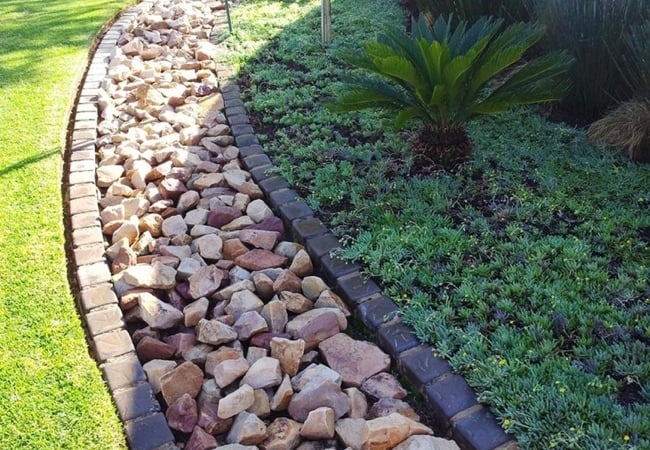Basement Remodeling
Are you planning to remodel or finish your basement? That is a great idea. Basements can provide the extra living space that you seek without having to invest hundreds of thousands in an extension. Finishing your basement will add value to your home too.
While the prospect of renovation and creating a new space can be exciting, there are many factors to consider before you dive into basement remodeling. Basements aren’t like any other room in your home. There’s a lot more that goes into converting a basement into a living space.
-
Have your basement inspected
Many builders fail to pay adequate attention to the design and structure of basements. It is therefore not uncommon to find basements with various structural problems. If you intend to convert your basement into a living space, it is important to ensure that the space is not only safe but also comfortable.
It is therefore important to have your basement inspected for structural problems. Contact a professional and experienced contractor to take a close look at your foundation. This ensures that any issues with your foundation are identified early.
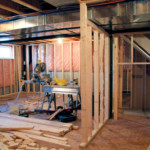
It is important to ensure that your basement is waterproofed. It doesn’t matter whether you’ve discovered cracks in your basement wall or not. Don’t leave waterproofing until after finishing the basement. Water can cause serious damage to your belongings if you give it a chance to penetrate your basement. Be proactive with your basement and ensure that it is waterproof.
Contact a professional contractor and have the basement waterproofed. Ensure that the method you use for waterproofing will give you long term results.
-
Deal with radon
It is also important to have your basement inspected for radon. Radon is carcinogenic. If you have dangerously high levels in your basement, it is important to deal with it. This will ensure your home is safe. You will need to hire a professional to mitigate this risk by eliminating or reducing your exposure.
-
Make room for natural lighting
Natural lighting is important in basement remodeling. It will make the basement feel open and more comfortable. A light and airy basement goes a long way to improving the aesthetics of the room.
Consider having window wells installed to increase the natural light in the room. Ensure that the window wells are up to the standards and codes in your area.
Talk to a professional contractor about basement remodeling. This will ensure that you cover all the important factors before you begin the actual renovation and therefore safeguard your investment.
